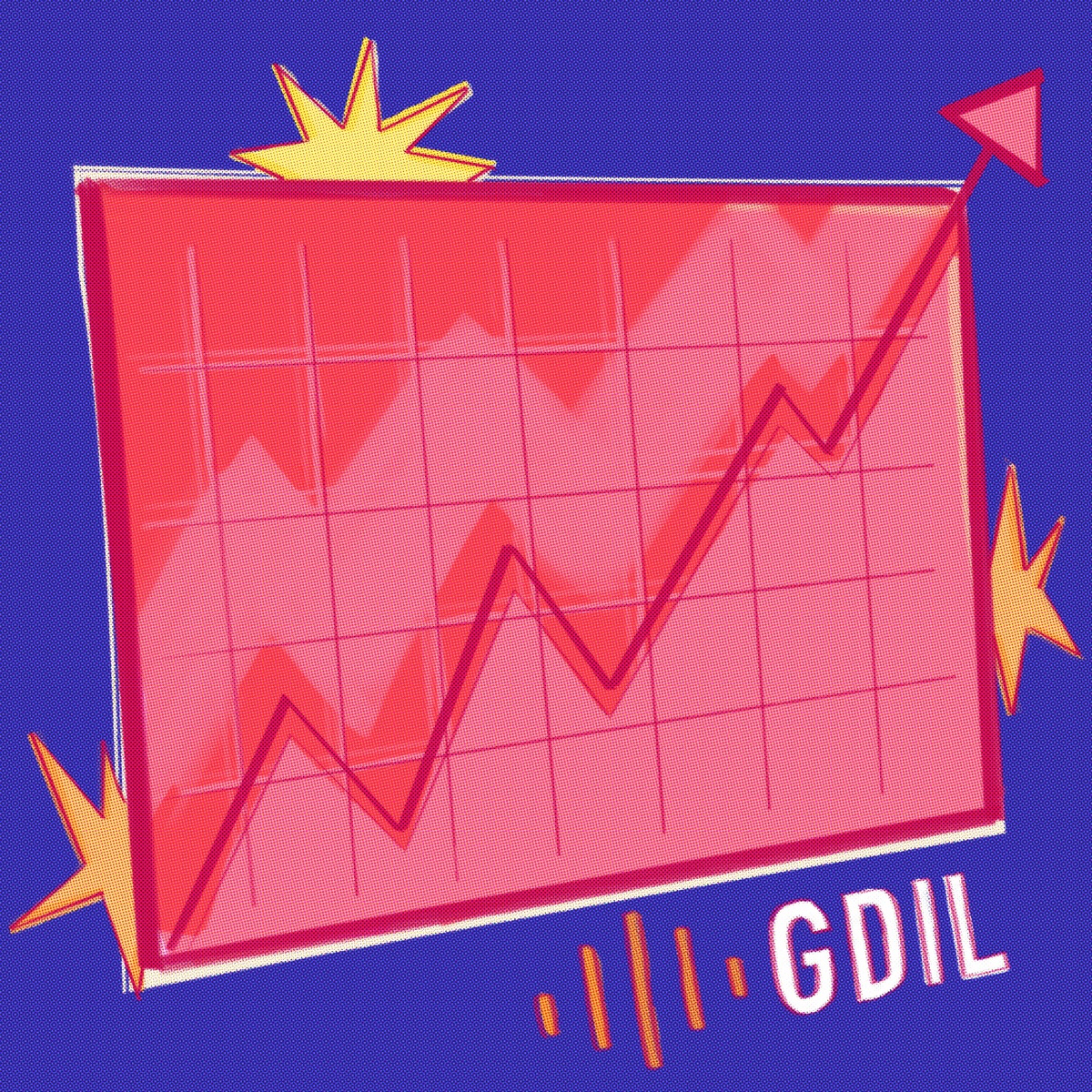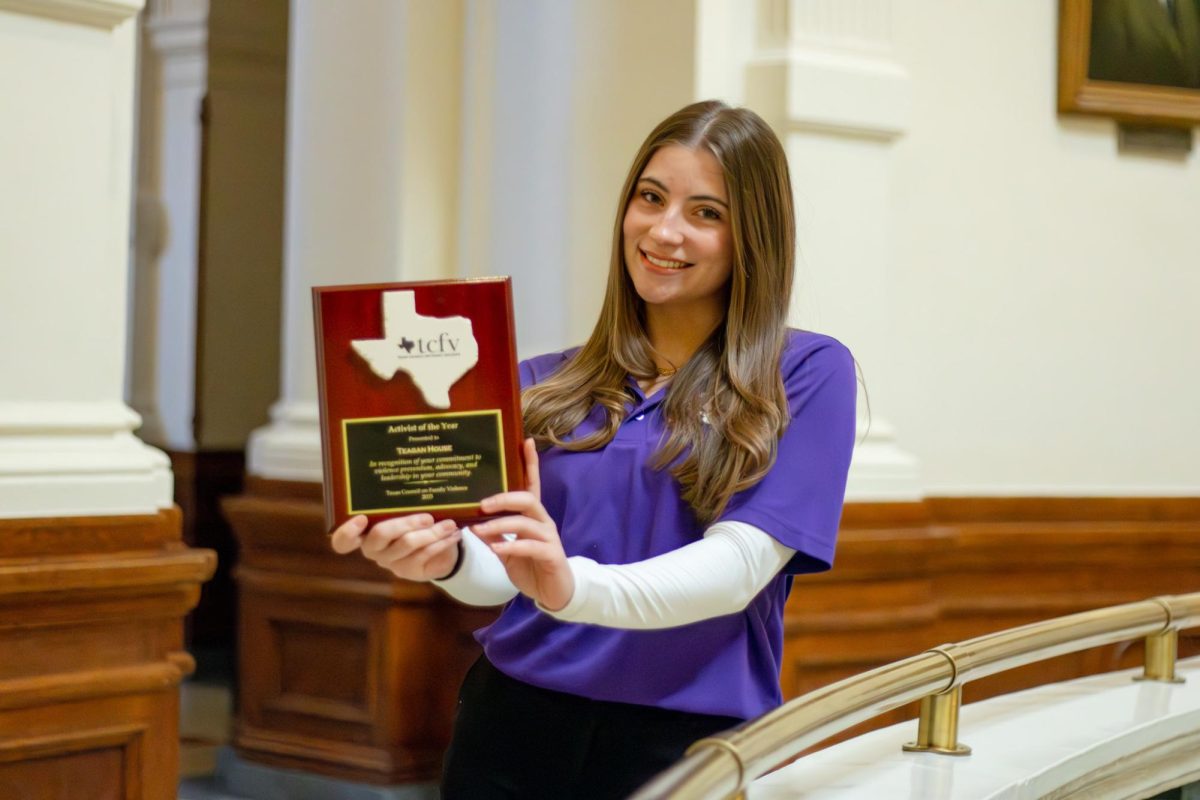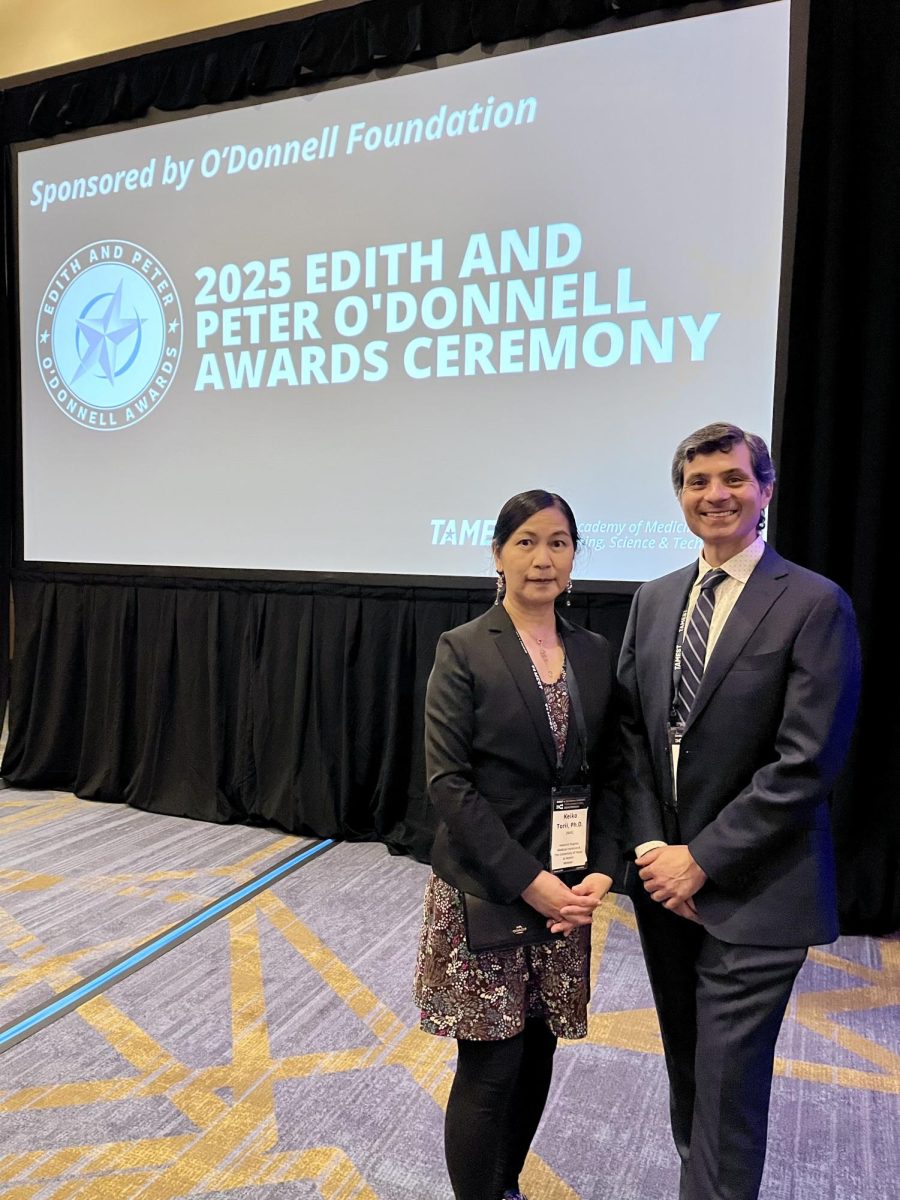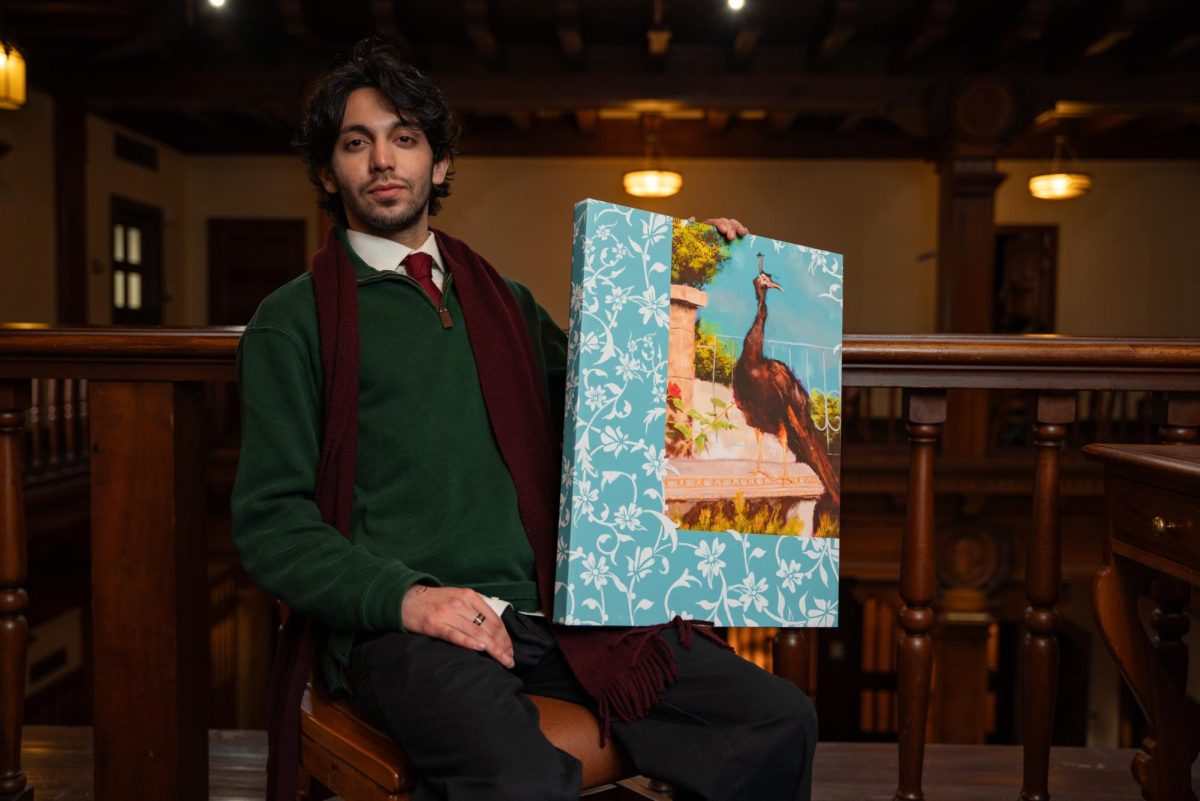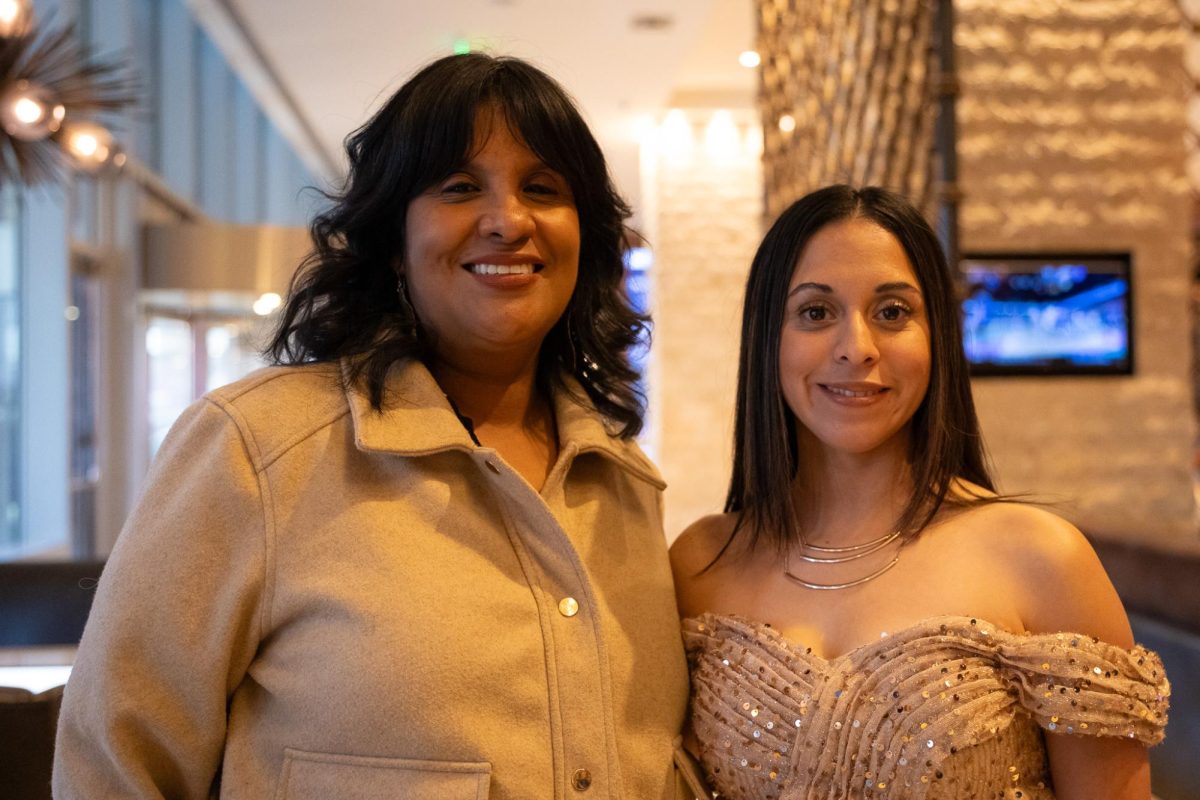A difficult concept to define at a geopolitical level, governments differ in their interpretations of disinformation and their responses to it.
The Global Disinformation Lab, a research organization at UT, seeks to answer the tough questions about global disinformation. Founded in 2020, GDIL seeks to conduct interdisciplinary research on global disinformation, understand the circumstances that create disinformation and generate recommendations for policymakers worldwide.
“(Our goal is) to create and disseminate high-quality academic research that informs policymakers,” GDIL executive director Michael Mosser said. “And, but not equally important, to educate students on how to do research and to create a community of students all working on a really important topic: the identifying and combating myths and disinformation.”
At its inception, GDIL mainly focused on Russian, Eastern European and Eurasian politics, with the first project investigating the political impact of Russian disinformation and targeted killings. Since then, the organization expanded its research to examine global events.
“Some of the ideas that were brought during this collaboration between faculty and students naturally dictated that the teams will become larger and the interest will become more diversified and will become more structured and start growing out of the shell,” said Dr. Kiril Avramov, co-founder and research co-director of GDIL.
This year, the organization will facilitate six projects that each focus on disinformation in a different context. Project Evergreen, the longest-running project at GDIL, aims to answer two big questions, Evergreen team lead Ryan Williams said.
“What are states doing when they say, ‘We have a new policy that’s meant to address misinformation and disinformation?’” Williams said. “Do the countries have a consistent or even coherent definition of (disinformation) concepts?”
To study these questions, the project built a database of disinformation policies.
“We’re all working towards this common goal of developing a database of policy and legislative responses to (misinformation and disinformation) all over the world,” Williams said. “We’re hoping to have that out this year, and I think it will be a useful resource for policymakers, other researchers and civil society organizations.”
Williams and the researchers faced two main problems when creating the database, he said.
“One, we need to learn about (the existence of policies that address disinformation), and two, we have to make them comparable,” Williams said.
To tackle these problems, the researchers created a unique data collection method utilizing an automation service and student input.
“We generated hundreds of search terms per country,” Williams said. “Then, we used a search automation service to actually go and do all of the searching for us and just return us the results.”
After filtering and organizing the data, the researchers addressed the second problem: making sure the policies could be compared easily.
“We essentially have a data entry form that students use after they have looked at all the relevant details of the law or policy,” Williams said. “It is meant to identify the relevant parts that we care about.”
Projects such as Evergreen, in addition to the program’s unique structure and focus on students, highlight what makes GDIL different from similar organizations across the country.
“We’re not tied into a curriculum,” Mosser said. “We’re very student focused, and we feel very strongly that students should be the core around which this organization is built. The idea of educating and the idea of training and getting students to be confident researchers on a really important issue is one of the things that I think sets us apart.”

